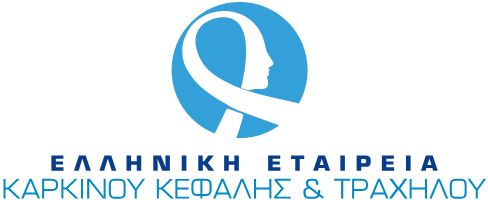Dear Investigators,
As the international co-PI of Kestrel, I would like to share with you my great enthusiasm for this randomized phase III study evaluating concurrent tremelimumab and durvalumab vs durvalumab monotherapy vs standard of care (EXTREME) as first line treatment in patients with recurrent and/or metastatic head and neck squamous cell carcinoma. This promising clinical trial design combining two immune checkpoint inhibitors, aims to produce deep and durable antitumor responses, which thus far have been observed in only a minority of patients with monotherapy approaches. Immune checkpoint blockade targeting programmed death ligand 1 (PD-L1); its receptor, programmed death 1 (PD- 1); and/or cytotoxic T-lymphocyte–associated antigen 4 (CTLA-4) induces durable tumor regression, mainly in melanoma and lung cancers, and has recently demonstrated favorable activity in head and neck cancer. Combining immune checkpoint inhibitors is a rational approach for improving efficacy and KESTREL is the first study that addresses this strategy in patients with head and neck squamous cell carcinoma. The phase I, open-label, dose-escalation and expansion study evaluating durvalumab and tremelimumab in advanced solid tumors showed a 27% response rate (95% CI, 13–46) in PD-L1–negative patients, with a disease control rate of 48% (95% CI, 31–66) at ≥ 16 weeks after therapy. Notably, anti–PD-1/PD-L1 monotherapy yields an approximately 5% to 10% response rate in PD-L1–negative patients; therefore, the addition of low-dose anti–CTLA-4 therapy may benefit these patients. Durvalumab at 20 mg/kg every 4 weeks plus tremelimumab at 1 mg/kg every 4 weeks was the dose level selected for phase III development and, at this dose level, toxicity leading to discontinuation was < 10%, while lower tremelimumab dosing did not affect clinical efficacy. We look forward to exploring this exciting therapeutic opportunity together. On behalf of my co-PI, Dr Tanguy Seiwert, I would like to thank you for your commitment to this exciting study and we will be happy to assist you with any questions you may have.
Kind regards,
Amanda Psyrri, MD, PhD

